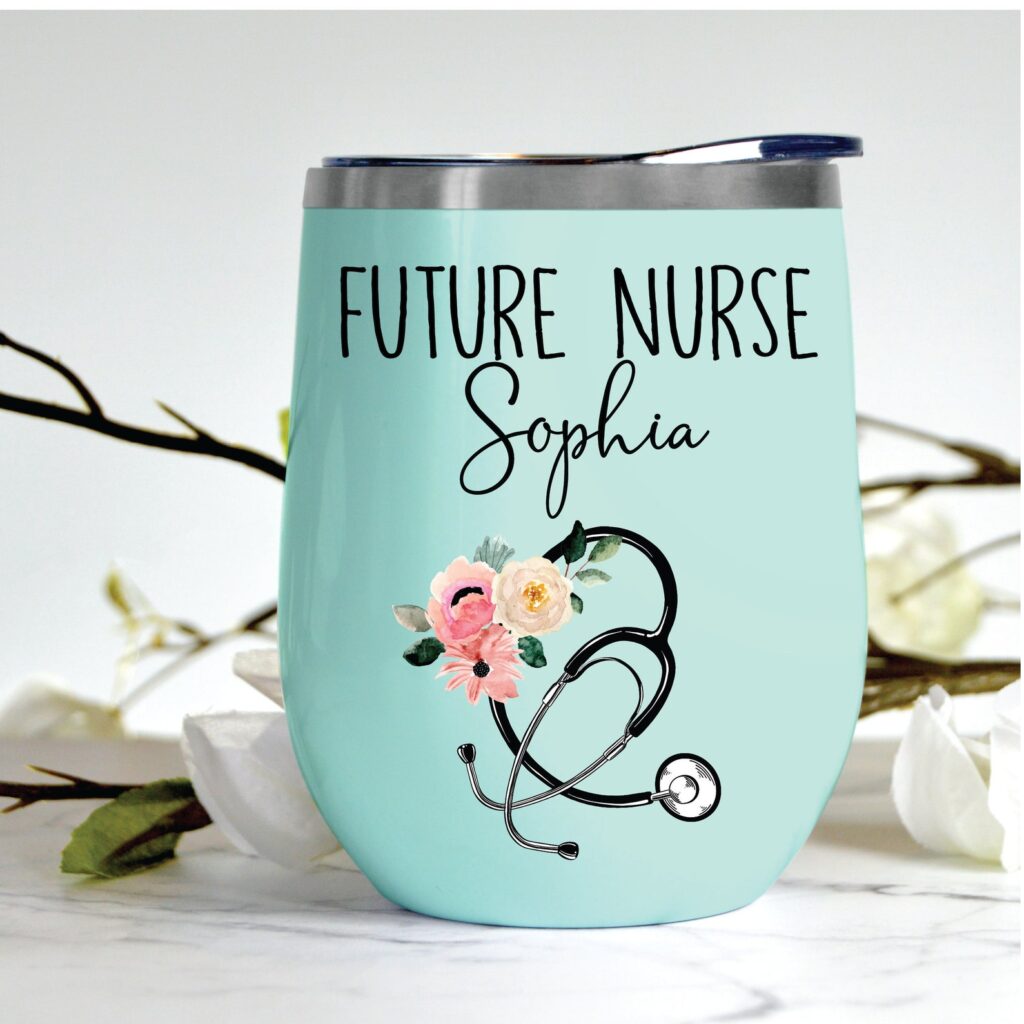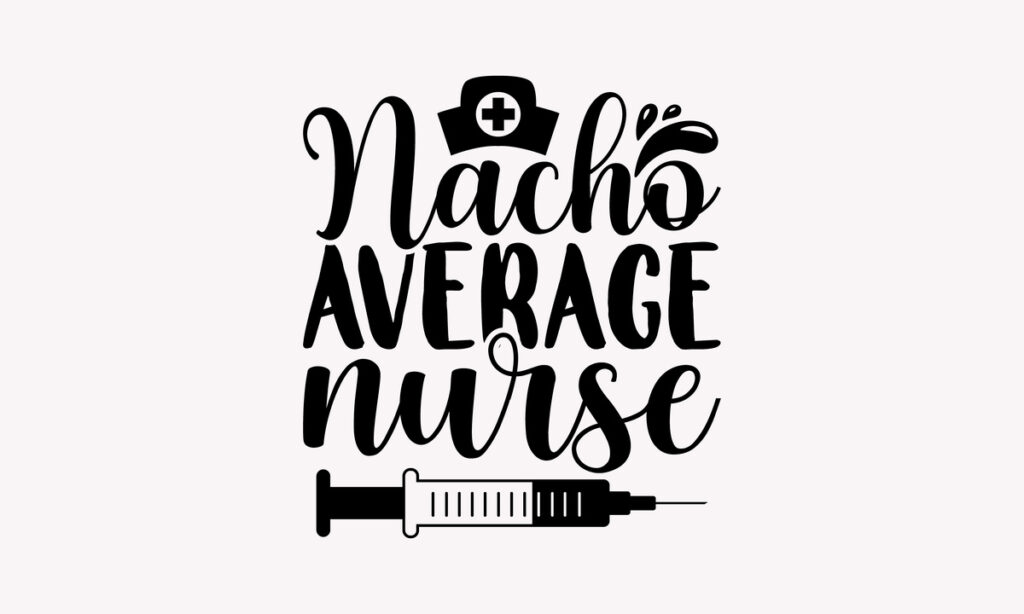In today’s fast-paced healthcare environment, the demand for Personalized Nurse Transfers For Work And Beyond has never been greater. As healthcare professionals seek new opportunities and experiences, personalized transfers offer a tailored approach to meet their unique needs. This innovative solution not only enhances job satisfaction but also ensures that nurses can seamlessly transition into new roles, whether they are relocating for work or pursuing further education. By understanding the intricacies of personalized nurse transfers, you can unlock a world of possibilities in your nursing career.
In the following sections, we will delve deeper into the various aspects of personalized nurse transfers, including the benefits they provide, the process involved, and tips for a successful transition. You will learn how these transfers can lead to improved work-life balance, greater career advancement opportunities, and a more fulfilling professional journey. Additionally, we will explore the role of technology in facilitating these transfers, making the process smoother and more efficient for all parties involved.
Whether you are a seasoned nurse looking to make a change or a recent graduate eager to explore your options, this article will equip you with the knowledge and insights needed to navigate the world of personalized nurse transfers. Stay with us as we uncover the essential information that will empower you to take the next step in your nursing career. Your journey towards a more personalized and rewarding professional life starts here!
In today’s healthcare landscape, personalized nurse transfers are becoming increasingly important for both work-related and personal needs. This article explores various aspects of this topic, providing insights into how personalized nurse transfers can enhance patient care and improve the overall healthcare experience.
Understanding Personalized Nurse Transfers
Personalized nurse transfers refer to the tailored approach in which nurses are assigned to patients based on specific needs, preferences, and medical conditions. This method ensures that patients receive care from professionals who are not only skilled but also compatible with their individual requirements. The goal is to create a more effective and compassionate healthcare experience.
By focusing on personalized care, healthcare facilities can improve patient satisfaction and outcomes. Nurses who understand the unique circumstances of their patients can provide better emotional support and medical attention, leading to a more holistic approach to health management.
Benefits of Personalized Nurse Transfers
The benefits of personalized nurse transfers extend beyond just patient satisfaction. One significant advantage is the improvement in communication between patients and healthcare providers. When nurses are familiar with a patient’s history and preferences, they can communicate more effectively, ensuring that the patient feels heard and understood.
Additionally, personalized nurse transfers can lead to better adherence to treatment plans. Patients are more likely to follow medical advice when they feel a connection with their nurse, fostering trust and collaboration in the healthcare process.
Challenges in Implementing Personalized Nurse Transfers
While the concept of personalized nurse transfers is beneficial, there are challenges in its implementation. One major hurdle is the staffing shortages faced by many healthcare facilities. With a limited number of nurses available, it can be difficult to match patients with the right caregivers consistently.
Moreover, the need for ongoing training and development is crucial. Nurses must be equipped with the skills to assess patient needs accurately and provide personalized care. This requires investment in professional development and a commitment to maintaining high standards in nursing practice.
Technology’s Role in Personalized Nurse Transfers
Technology plays a pivotal role in facilitating personalized nurse transfers. Electronic health records (EHR) systems allow for the efficient sharing of patient information, enabling nurses to access vital data quickly. This access helps nurses tailor their care to meet individual patient needs effectively.
Moreover, telehealth services have emerged as a valuable tool in personalized care. Through virtual consultations, nurses can maintain ongoing communication with patients, ensuring that their needs are continuously met, even from a distance.
Case Studies: Successful Implementation of Personalized Nurse Transfers
Several healthcare facilities have successfully implemented personalized nurse transfers, showcasing the positive impact on patient care. For instance, a hospital in California reported a 30% increase in patient satisfaction scores after adopting a personalized approach to nurse assignments.
Another case study highlighted a nursing home that utilized personalized transfers to improve the quality of life for its residents. By matching nurses with residents based on shared interests and backgrounds, the facility saw a significant reduction in anxiety and depression among its patients.
Future Trends in Personalized Nurse Transfers
The future of personalized nurse transfers looks promising, with trends indicating a shift towards more individualized care. As healthcare continues to evolve, there will be an increased emphasis on patient-centered approaches, with personalized nurse transfers at the forefront.
Furthermore, advancements in artificial intelligence and machine learning may enhance the ability to match nurses with patients more effectively. These technologies can analyze patient data and preferences, leading to more informed decisions in nurse assignments and ultimately improving patient outcomes.
| Aspect | Description |
|---|---|
| Definition | Personalized nurse transfers refer to the tailored process of relocating nursing professionals to different healthcare facilities or roles based on their skills, preferences, and career goals. |
| Importance | These transfers enhance job satisfaction, improve retention rates, and ensure that healthcare facilities are staffed with qualified professionals who are motivated and engaged. |
| Process | The process typically involves assessing the nurse’s qualifications, understanding their career aspirations, and matching them with suitable job openings in various healthcare settings. |
| Benefits | Benefits include increased flexibility for nurses, better alignment of skills with job requirements, and improved patient care through experienced staffing. |
| Challenges | Challenges may include logistical issues, resistance to change from staff, and the need for effective communication between all parties involved. |
| Future Trends | Future trends may involve the use of technology for better matching processes, increased focus on work-life balance, and more personalized career development opportunities for nurses. |
This HTML document provides a structured overview of personalized nurse transfers, highlighting key aspects such as definition, importance, process, benefits, challenges, and future trends.



